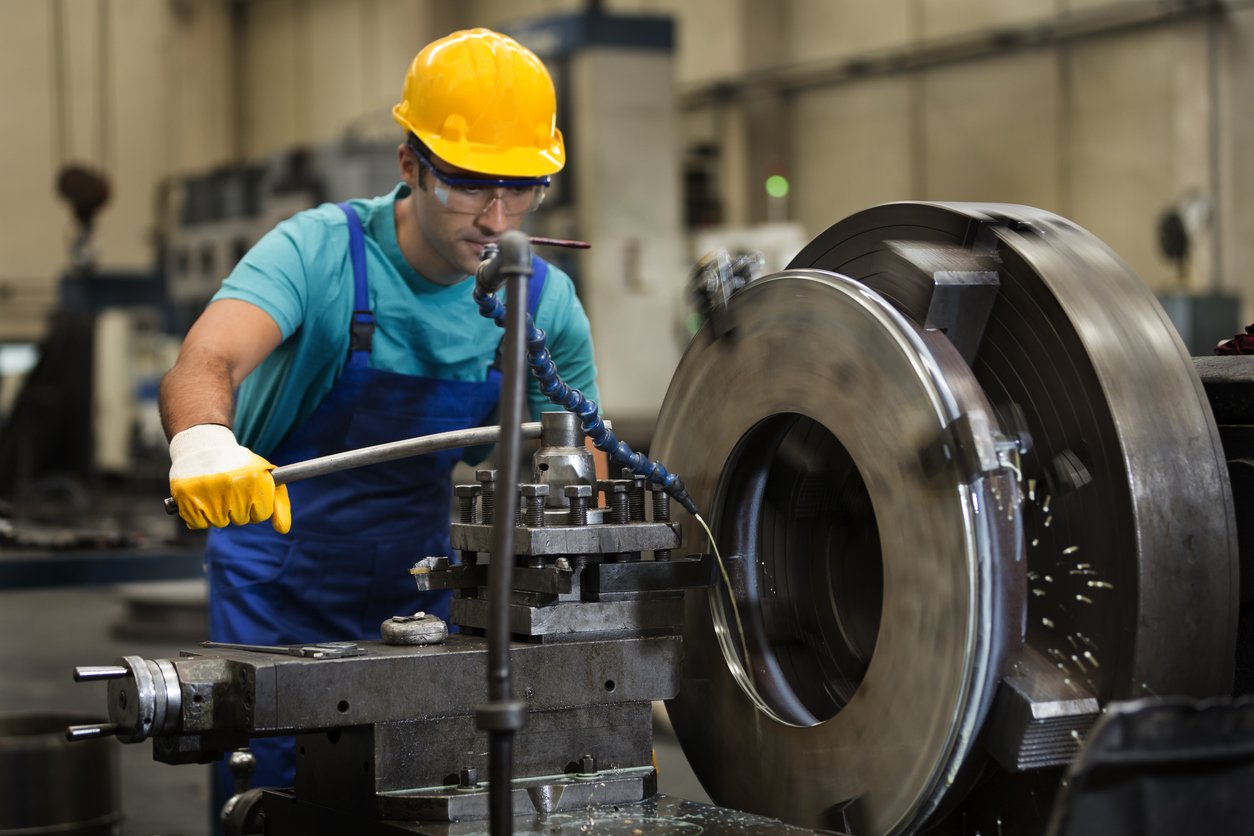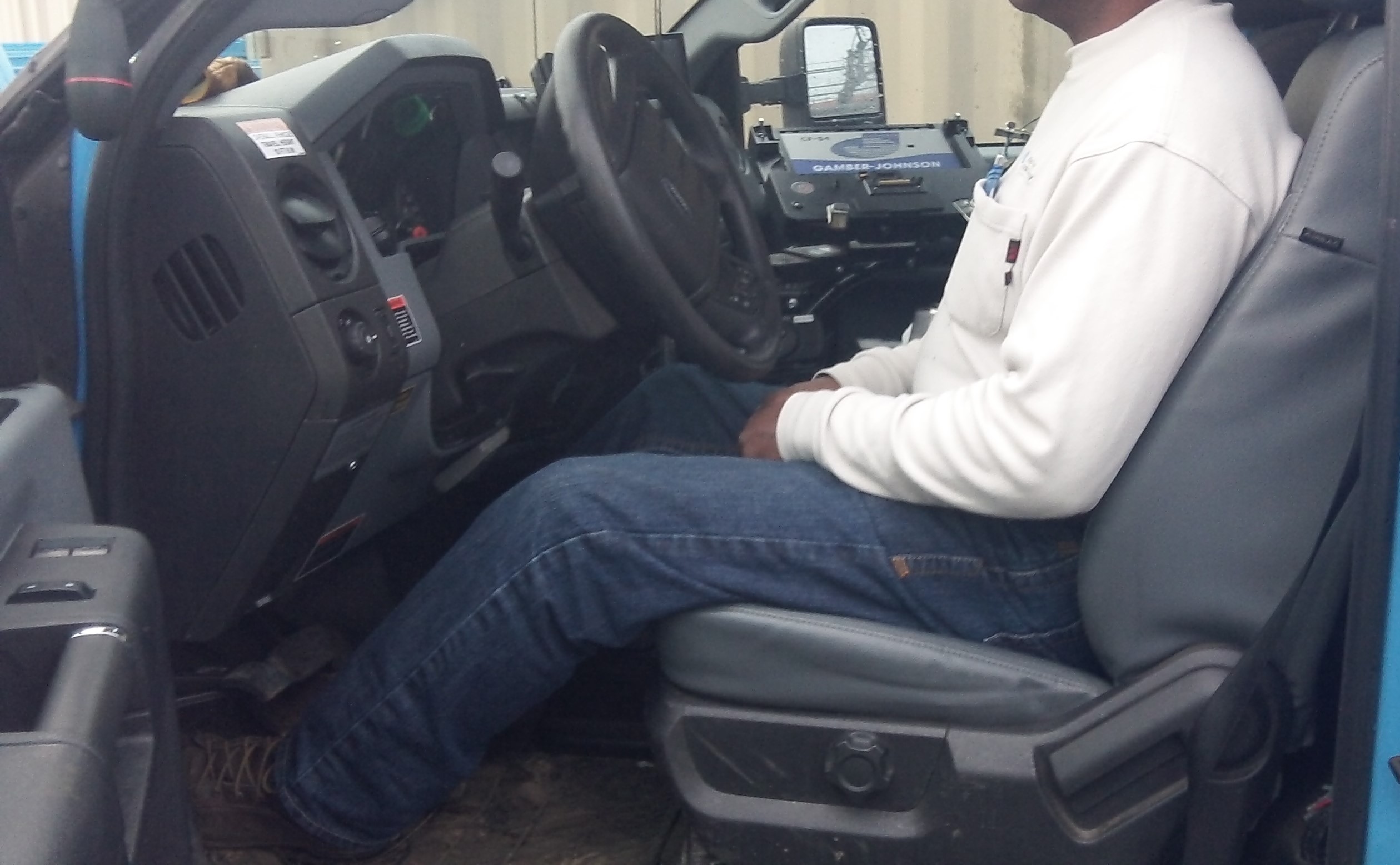Office Ergonomics


At Sol Ergonomics Consulting, we understand that well-designed work spaces that promote good posture and increase productivity while reducing pain, strain and stress create happier and healthier employees. That's why we develop ergonomic programs tailored around the individual and your company’s short and long term goals. Because each company's needs are different, we'll provide customized ergonomic recommendations as well as training for your employees who work in the office, at home, and/or remotely. We offer a variety of ergonomic solutions for your office, listed below:
Full Assessment:
As our world becomes more reliant on computers and technology, the risk for workplace injury increases. At Sol Ergonomics, we want to enable people to be able to work as efficiently and effectively as possible, while remaining pain free. Our full office ergonomic assessment is the most thorough analysis we provide, in order to optimize how employees are able to carry out their work in an office setting.
Office ergonomic assessments include a one-on-one meeting with employees to thoroughly review their workstation, office environment, postures and routine tasks. Our goal is to educate employees on proper workstation postures, ways to self-monitor/correct and possible improvements for work methods. A detailed report containing findings and ergonomic recommendations will be completed.
What's included in a full assessment?
- Individualized assessment and risk factor identification
- Proper workstation posture training
- Instruction on ergonomic risks reduction
- Workstation adjustments and minor revisions
- Thorough report identifying ergonomic risk factors and recommendations
- Photo analysis of the employee before/after workstation adjustments
- List of recommended equipment and/or modifications
Mini Assessments
Think of the Mini Assessment as the abbreviated version of the full ergonomic assessment. This is the ideal option for offices or businesses with multiple employees in need of evaluation. Mini assessments are scheduled at 20 minutes per person, with a six-person minimum.
These types of assessments can be extremely useful with groups of new hires, department or workstation relocations, after receiving new equipment or for general staff education
The Mini Assessments are often paired with an Ergonomics Essentials Lunch & Learn. Check out Teaching, Coaching, and Education to learn more!
What's included in a mini assessment?
- Brief, yet personalized assessment and training
- 3-4 key ergo concerns can be addressed per person
- Make simple, yet impactful workstation adjustments
- Identify individuals who may benefit from more involved full assessment
- A report detailing the changes made, recommended changes, and equipment recommendations if needed
Virtual (Remote) Assessments
Unable to have us come to you for an assessment? Don’t worry – A virtual assessment could be the perfect solution for you. How does this work? You or the employee will submit a brief survey regarding ergonomic concerns, along with photos or video of the areas of concern. The submitted information will then be assessed by a certified ergonomist to determine appropriate workstation solutions. We will then discuss the assessment, provide applicable workstation education to employee and present recommendations via video chat or phone call.
What's included in a virtual assessment?
- 20-30 minute video (e.g. Skype, FaceTime, etc) interview and assessment
- Identify and discuss workstation ergonomic risks
- Demonstration of corrections and adjustments via video or photos
- A report detailing recommended changes and recommended equipment if needed.
- Scheduled follow-up in 3-4 weeks for workstation feedback post assessment and to make adjustments if necessary

$20 Billion
Every year Musculoskeletal Disorders (MSDs), cost companies 20 billion dollars.Industrial Ergonomics


Good postures reduce discomfort and improve productivity.
It all starts with ergonomics.
When one thinks of ergonomics, the mind often jets straight to the office setting. But ergonomics encompasses so much more. Since so much body movement is required, the industrial and material handling environments pose unique risks and hazards. These risks can affect not only employees’ health and wellbeing, but overall company costs as well.
At Sol Ergonomics, we can customize recommendations to best suit your employees’ specific needs, based on the tasks they need to perform. We are committed to understanding the specific needs of each job duty and identifying how best to correct any risks. Additionally, we can examine and analyze onsite injuries, in order to determine trends and appropriate solutions to minimize risks.
What's included in an industrial assessment?
- Assessment to determine potential ergonomic risks and hazards
- Department job shadowing to analyze physical demands
- Analysis of movement patterns, lifting mechanics and work pace
- Evaluation of current injury trends
- Thorough report of identified ergonomic risks
- Lists of employee concerns
- Photos before/after
- Recommendations for changes and equipment if needed
Vehicle Ergonomics


1/3 of all drivers reported that they experienced moderate or severe low-back discomfort in a typical week
(Gyi et al. 2003)
The automobile: the all-but-forgotten side of ergonomic assessments. For many individuals, the car has become a primary place of work, truly a mobile office. The time in the car has expanded far beyond just commuting to and from work. Nearly every aspect associated with this practice contributes to physical stress due to awkward postures and poorly designed seats, dashboards and consoles. Having the correct set up in the car not only makes a difference in safety, but for comfort as well.
We can help ensure that vehicle set up is optimized for each driver. Our goal is to find the ideal set up, factoring in employee anthropometrics, and use of any mobile technology, such as laptops, tablets, cell phones, GPS systems and the like. Additionally, we can educate employees on how to appropriately load and unload any equipment from the vehicle, in order to avoid injury.
What's included in a vehicle assessment?
- Observe employee getting in and out of vehicle
- Assess driving position and related activities performed from drivers seat
- Examine integrity of vehicle cockpit
- Make appropriate adjustments to car seat, headrest and steering wheel
- Educate employee on proper vehicle sitting position
- Photos before/after
- Thorough report identifying ergonomic risk factors, recommendations for changes and equipment if needed
